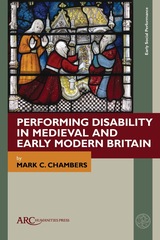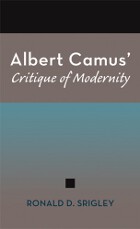
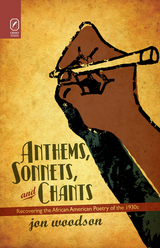
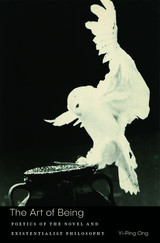
The Art of Being is a powerful account of how the literary form of the novel reorients philosophy toward the meaning of existence. Yi-Ping Ong shows that for Kierkegaard, Sartre, and Beauvoir, the form of the novel in its classic phase yields the conditions for reconceptualizing the nature of self-knowledge, freedom, and the world. Their discovery gives rise to a radically new poetics of the nineteenth- and twentieth-century realist novel.
For the existentialists, a paradox lies at the heart of the novel. As a work of art, the novel exists as a given totality. At the same time, the capacity of the novel to compel belief in the free and independent existence of its characters depends on the absence of any perspective from which their lives may be viewed as a consummated whole. At stake in the poetics of the novel are the conditions under which knowledge of existence is possible. Ong’s reframing of foundational debates in novel theory takes us beyond old dichotomies of mind and world, interiority and totality, and form and mimesis. It illuminates existential dimensions of novelistic realism overlooked by empirical and sociological approaches.
Bringing together philosophy, novel theory, and intellectual history with groundbreaking readings of Tolstoy, Eliot, Austen, James, Flaubert, and Zola, The Art of Being reveals how the novel engages in its very form with philosophically rich notions of self-knowledge, freedom, authority, world, and the unfinished character of human life.
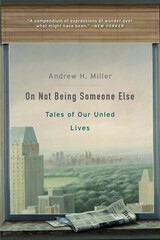
“To be someone—to be anyone—is about…not being someone else. Miller’s amused and inspired book is utterly compelling.”
—Adam Phillips
“A compendium of expressions of wonder over what might have been…Swept up in our real lives, we quickly forget about the unreal ones. Still, there will be moments when, for good or ill, we feel confronted by our unrealized possibilities.”
—New Yorker
We live one life, formed by paths taken and untaken. Choosing a job, getting married, deciding on a place to live or whether to have children—every decision precludes another. But what if you’d gone the other way?
From Robert Frost to Sharon Olds, Virginia Woolf to Ian McEwan, Jane Hirshfield to Carl Dennis, storytellers of every stripe consider the roads not taken, the lives we haven’t led. What is it that compels us to identify with fictional and poetic voices tantalizing us with the shadows of what might have been? Not only poets and novelists, but psychologists and philosophers have much to say on this question. Miller finds wisdom in all of these, revealing the beauty, the allure, and the danger of sustaining or confronting our unled lives.
“Miller is charming company, both humanly and intellectually. He is onto something: the theme of unled lives, and the fascinating idea that fiction intensifies the sense of provisionality that attends all lives. An extremely attractive book.”
—James Wood
“An expertly curated tour of regret and envy in literature…Miller’s insightful and moving book—both in his own discussion and in the tales he recounts—gently nudges us toward consolation.”
—Wall Street Journal
“I wish I had written this book…Examining art’s capacity to transfix, multiply, and compress, this book is itself a work of art.”
—Times Higher Education

READERS
Browse our collection.
PUBLISHERS
See BiblioVault's publisher services.
STUDENT SERVICES
Files for college accessibility offices.
UChicago Accessibility Resources
home | accessibility | search | about | contact us
BiblioVault ® 2001 - 2024
The University of Chicago Press


